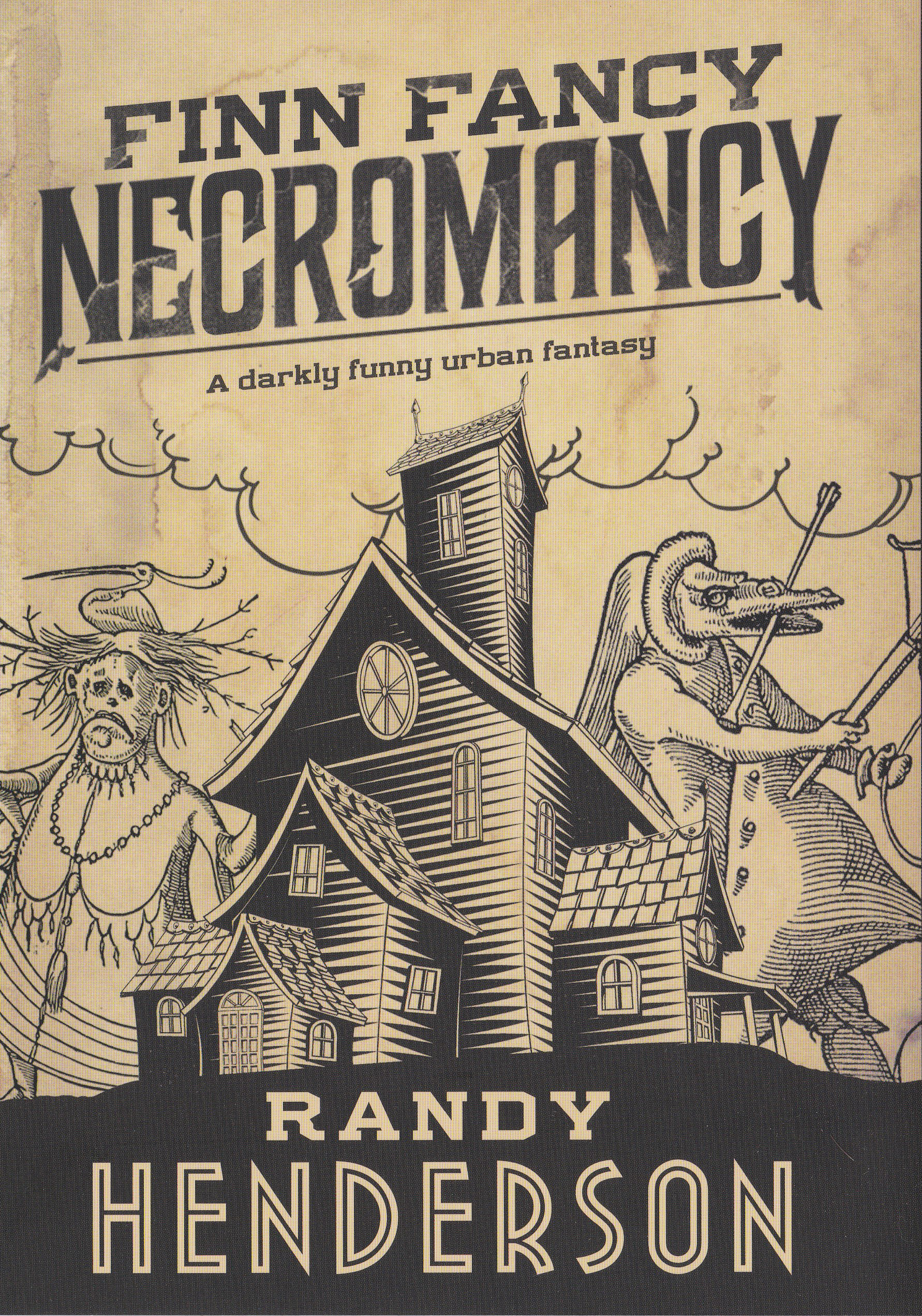I was following a rabbit hole of links in Psychology Today, and thought I’d share three of them that I see as somewhat interrelated, as well as some of my own thoughts on the whole liberal vs conservative culture war.
First, conservatives and liberals each often see the other as immoral or stupid or cynical in their choices when it comes to politics or social policy. Both sides are, in fact, making what they honestly believe to be the right and moral choice. It is just that each side is making their choices from different fundamental moral priorities. Therefore, neither side will ever be able to truly convince the other side to see the “error of their ways”: http://www.psychologytoday.com/blog/experiments-in-philosophy/200804/how-ideology-colors-morality
Second, research has found a positive correlation between empathy and morality (where morality is defined as generosity to others), and also between empathy and happiness: http://www.psychologytoday.com/blog/the-moral-molecule/200906/moral-sentiments-in-the-brain
Third, a study found that liberals are more intelligent than conservatives on average, and intelligence helps people to accept and deal with events and concepts that are new or not part of our evolutionary past. This includes the concept of social welfare (which differs from the inherited tribal model of helping ourselves and those somehow connected to us). http://www.psychologytoday.com/blog/the-scientific-fundamentalist/201003/why-liberals-are-more-intelligent-conservatives
In all cases, these are general truths, not specific truths of course. For example, on an individual by individual level, there are obviously conservatives who are smarter than liberals, etc. Empathy, while generally seen as a more liberal value, is also expressed by Conservatives, just not always in the same way (e.g. in a more targeted manner of specific charitable donations rather than attempting to promote general social welfare).
Another study found that college education tends to make one more liberal (i.e. on average, the more educated one is, the more liberal one is likely to be), but this is again an average effect. Liberals point to this and say things like the more you know about history or sociology or world mythology or other cultures, etc., the harder it is to maintain the false or outdated beliefs that form the basis of Conservatism, whereas conservatives point to it as an example of liberal teachers pushing their idealistic views onto their students, and the fact that specific knowledge in civics and politics was not equally increased in the study’s subjects.
Finally, liberal vs conservative does not perfectly equate to Democrats vs Republicans. Political power games often trump true conservative or liberal goals, and certainly do little to meet America’s real needs. Also, political ideologies tend to be rigid, and based on what can drum up fear or passion in the political base, often failing to truly consider the best solution to a problem in an objective manner based on what has been proven to work or not work, even solutions that would do a better job of ultimately meeting conservative or liberal values.
So in the end, the answer can only be compromises that find common ground and give both sides as much of what they want as possible (either within a single issue, or by giving ground to the right on one issue in exchange for equal ground to the left on another issue). To this end, a balance of moderate politicians from both parties is desirable, rather than the increasing pandering to extremists in either wing and the reduction of government to power games. And ideally, both sides would be open to enacting policies based upon empirical evidence of success or the greatest good rather than adhering to policies that play well with their base, even when such policies have been proven here, or in other countries, to not work.
For example, one of the most contentious “moral” issues is abortion. It is unlikely, and very undesirable for myriad practical reasons, that abortion will be made entirely illegal as the Pro-Life side wishes. And while the Pro-Choice side wants everyone, including pro-lifers, to have individual freedom to choose as to whether they have an abortion or not, I think you would be hard pressed to find many people who want to actually promote or encourage abortions. Therefore, the best policy to meet both conservative and liberal goals would be to promote programs and policies that reduce unwanted pregnancies, that encourage and educate on the alternatives to abortion, and that provide education and support structures for new mothers, etc. would almost certainly lead to fewer abortions.
Such compromises require us to recognize that both sides of the issue are valid — to the degree to which empirical evidence does not prove otherwise, and the opposing view does not threaten our life, liberty, or the general welfare (in a real and proven way, not in the ideologically-driven talk radio fear-mongering end of the world way).
And then, where agreement cannot be found to fully accept one side or the other, to instead accept compromise and acknowledge that just as the issue does not impact only Democrats or only Republicans, only liberals or only conservatives, so too the solution is likely not a Democrat or Republican solution, a liberal or conservative solution, but an American solution that takes into consideration and respects the needs and beliefs and the welfare of all Americans.
Or something.












[…] Read more: Liberal vs. Conservative: Intelligence and Morality and Political … […]